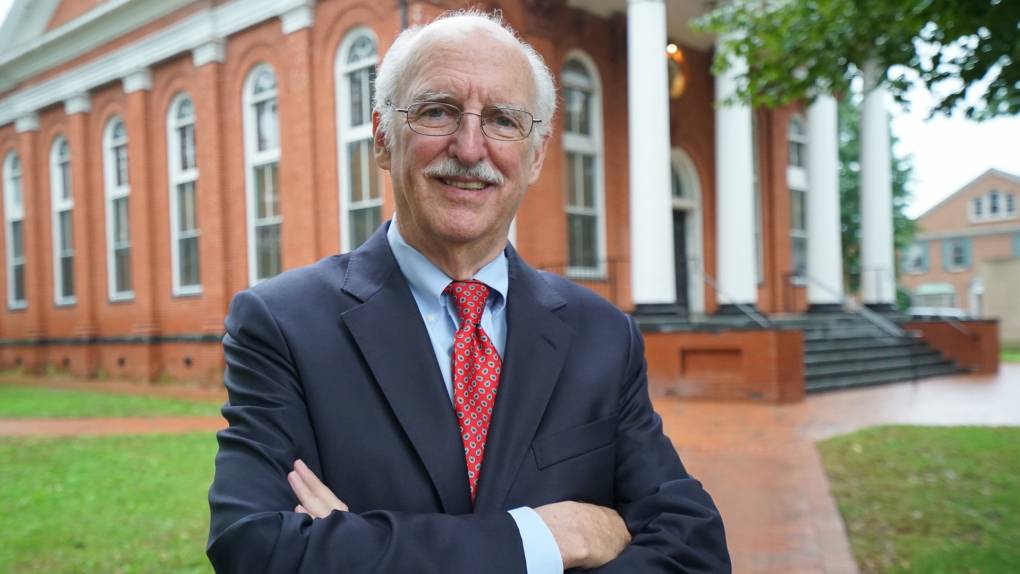Additional Content Moderation for Section 230 Protection Risks Reducing Speech on Platforms: Judge
People will migrate from platforms with too stringent content moderation measures.
Tim Su

WASHINGTON, March 13, 2023 – Requiring companies to moderate more content as a condition of Section 230 legal liability protections runs the risk of alienating users from platforms and discouraging communications, argued a judge of the District of Columbia Court of Appeal last week.
“The criteria for deletion are vague and difficult to parse,” Douglas Ginsburg, a Ronald Reagan appointee, said at a Federalist Society event on Wednesday. “Some of the terms are inherently difficult to define and policing what qualifies as hate speech is often a subjective determination.”
“If content moderation became very rigorous, it is obvious that users would depart from platforms that wouldn’t run their stuff,” Ginsburg added. “And they will try to find more platforms out there that will give them a voice. So, we’ll have more fragmentation and even less communication.”
Ginsburg noted that the large technology platforms already moderate a massive amount of content, adding additional moderation would be fairly challenging.
“Twitter, YouTube and Facebook remove millions of posts and videos based on those criteria alone,” Ginsburg noted. “YouTube gets 500 hours of video uploaded every minute, 3000 minutes of video coming online every minute. So the task of moderating this is obviously very challenging.”
John Samples, a member of Meta’s Oversight Board – which provides direction for the company on content – suggested Thursday that out-of-court dispute institutions for content moderation may become the preferred method of settlement.
The United States may adopt European processes in the future as it takes the lead in moderating big tech, claimed Samples.
“It would largely be a private system,” he said, and could unify and centralize social media moderation across platforms and around the world, referring to the European Union’s Digital Services Act that went into effect in November of 2022, which requires platforms to remove illegal content and ensure that users can contest removal of their content.











Member discussion